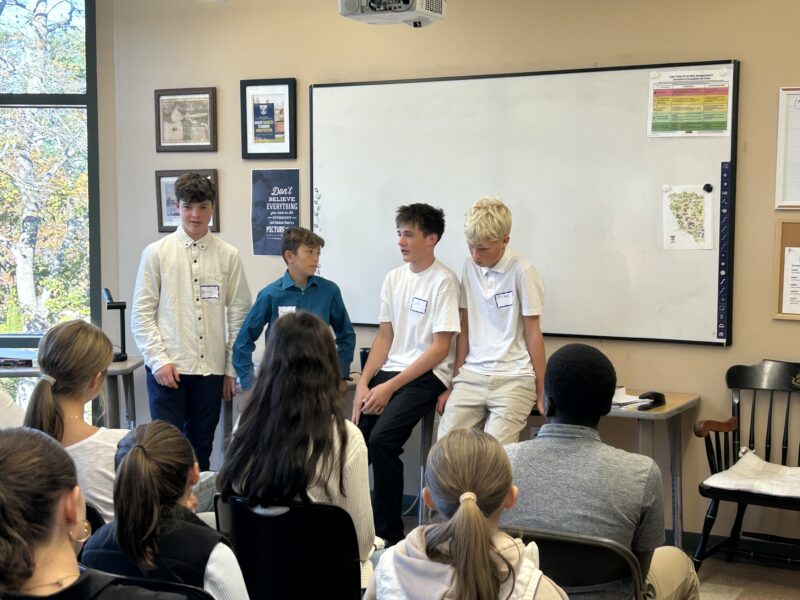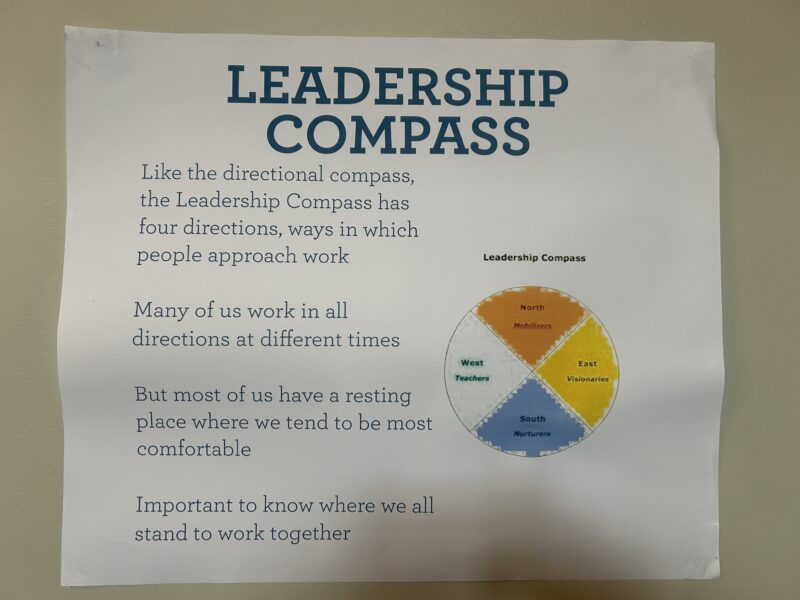
As seriously as we take our college preparatory function at Hyde, I often warn our students, “When all is said and done, you better have something going for you besides a respected college on your resume. That’s just not going to do for you in the future what it might have done for your parents in the past.” Hyde graduates earn that certain something that, if developed and nurtured, will catapult them into a fulfilling future.
Fire in the Belly
When I observe the adult lives of my former Hyde students, their college affiliation is not the determining factor in their success, fulfillment, or happiness. These elusive objectives have far more to do with attitude than they do with aptitude. They are all about integrity, persistence, and flat-out grit. They are all about the “fire in the belly” (another Ken Grant phrase) exhibited since college. I see it in confident alums when they take charge of their employment interviews, exhibiting an infectious enterprising enthusiasm. While I have given up trying to predict exactly when this fire will ignite – sometimes young adults need to sow their wild oats after the rigor of Hyde – I often say, “The meter starts running at 30.”
As a Hyde graduate, the spouse of a Hyde graduate, and the father of two others, I am grateful for the Hyde advantage, one that tends to crystallize around yet another time-honored Hyde continuum: Head/Heart/Soul. It is a personal confidence that comes from the knowledge that one has been tested on those things that truly matter, an outcome earned as a result of…
- facing a wide range of values-forming challenges designed to explore our intellectual, physical, social, emotional, and spiritual sides;
- trying/failing and trying/succeeding in full public view of supportive peers and mentors;
- receiving sincere personal help from peers and mentors while offering the same to others;
- striving to optimize one’s family of origin while laying a strong foundation for one’s future family and communities;
- establishing connections with peers, faculty, and a campus to last a lifetime.
These outcomes don’t result from wishing or talking. They are the result of both action and reflection. In fact, Hyde has been described as a “socially embodied moral argument that runs on an action/reflection cycle.” The argument is the belief that anyone and everyone possesses a unique potential that defines a destiny. We discover that unique potential by developing our character. We develop our character by acting and reflecting upon our attitudes and those of our peers. My next post will highlight some of the particulars of the action/reflection cycle.
Onward, Malcolm Gauld



